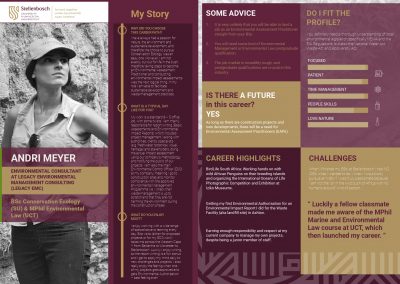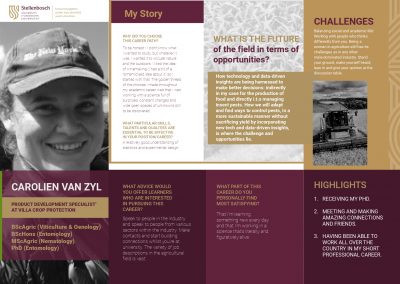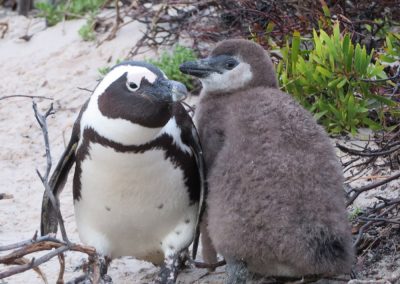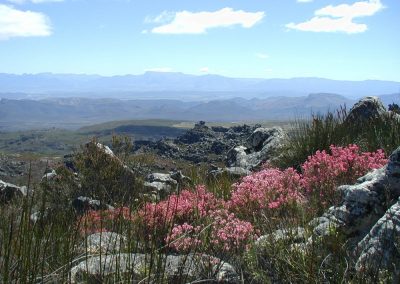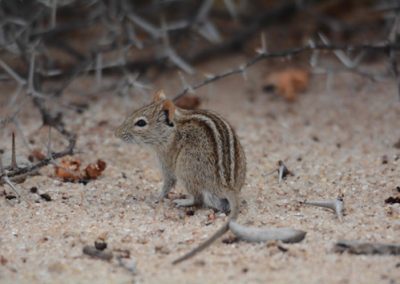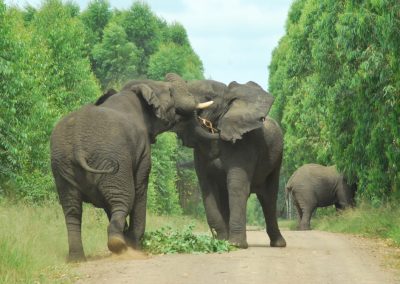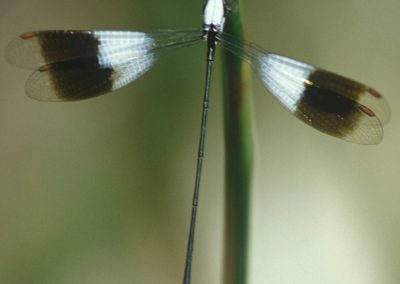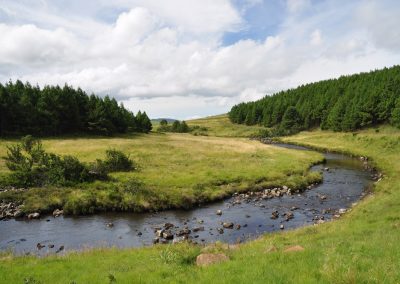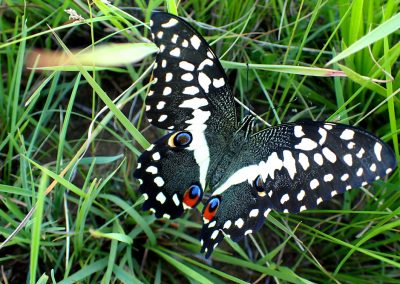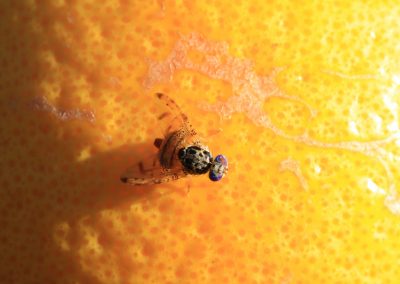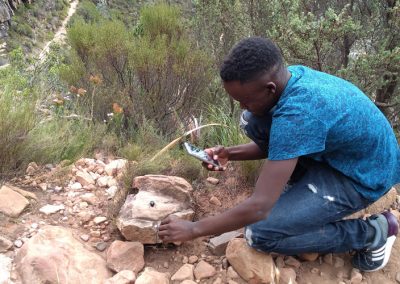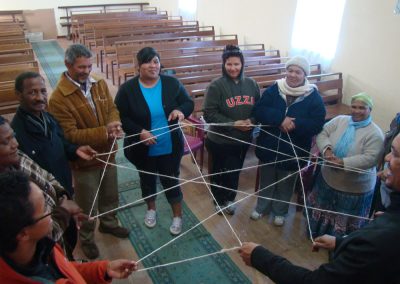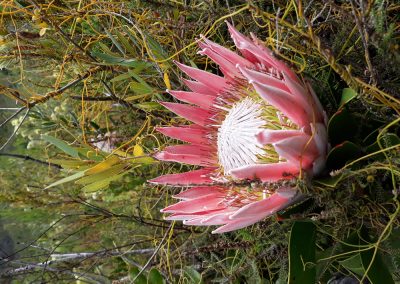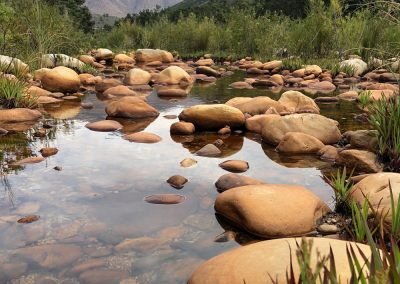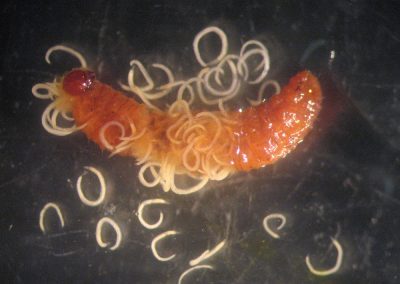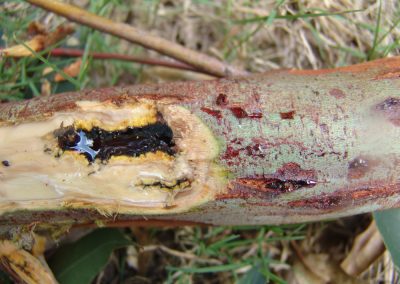AgriSciences
Conservation Ecology and Entomology
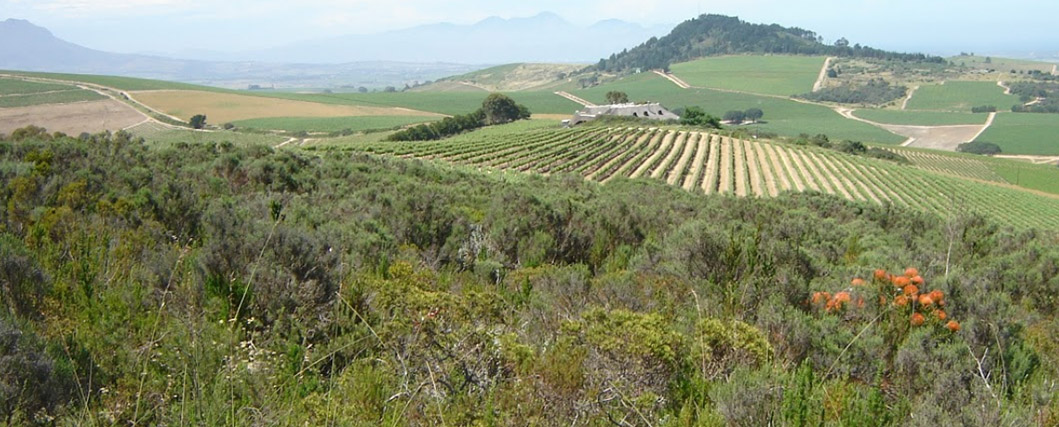
Conservation Ecology and Entomology strives to ensure a healthy biological network to guarantee the prosperity of the entire ecosystem which is globally under increasing pressure. Issues such as pollution, climate change and extinction of species are a major concern. The combination of Conservation Ecology and Entomology brings together a considerable body of teaching and research expertise in the rapidly growing and important fields of conservation and sustainable production in utilized landscapes. Our economy, communities and livelihoods depend on how we care for our rivers, mountains, forests and wetlands.
Since the programme’s inception in 2002, the Department has produced many of South Africa’s top field ecologists, insect pest managers, researchers, stewardship coordinators and environmental officers –to name a few.

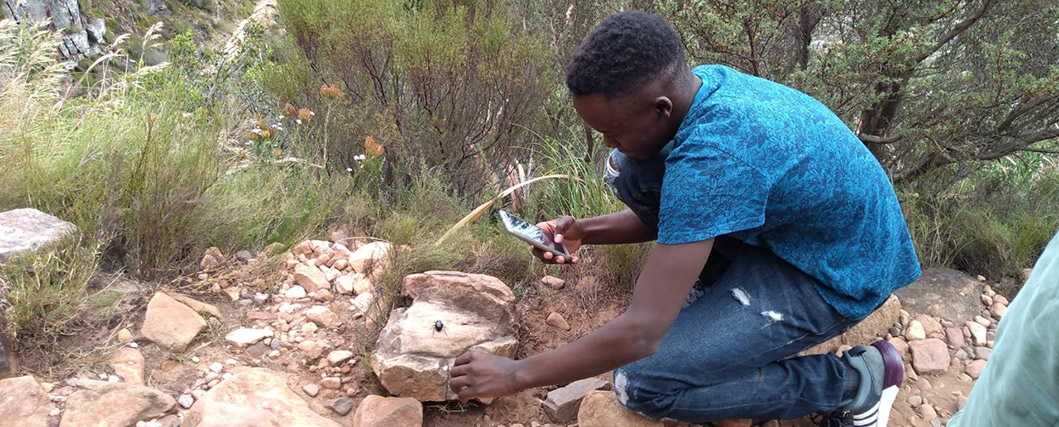
empty
empty tag
How does the Conservation Ecology programme fit into the Department of Conservation Ecology and Entomology?
The Conservation Ecology programme forms the core of undergraduate training in the Department of Conservation Ecology and Entomology and is specifically designed to train the future generation of conservation practitioners. You will be awarded the degree of BSc Conservation Ecology after you complete the Conservation Ecology programme.
Must I have Physical Science in grade 12 to study BSc ConsEcol?
Yes, you do need both Mathematics and Physical Science.
Can I study BSc ConsEcol if I have Mathematical Literacy?
No, unfortunately, you need pure Mathematics.
What are the admission requirements (i.e. school subjects and relevant grades) for the Conservation Ecology programme?
60% average for the NSC, 50% for English or Afrikaans, 60% for Mathematics and 50% for Physical Science. Please note that only a limited number of students can be accommodated and meeting the requirements, unfortunately, does not guarantee a place in the programme.
How many years is the BSc ConsEcol programme?
It runs over four years.
If I do not follow the NSC curriculum, what are the requirements?
Matriculation exemption with Mathematics, Physics and Chemistry is required.
What are my employment options with a BSc ConsEcol degree?
Employment options are quite diverse. Please watch the ConsEnt programme presentation and check the Alumni Profile pages for some examples.
Can I register directly for an MSc after completing a BScConsEcol degree?
Yes, you can in principle, but depending on the academic institution where you wish to register, there may be a minimum requirement/s for your final year subjects.
Does the BSc ConsEcol programme include fieldwork?
Yes, from the 2nd year on you will progressively spend more time in the field. Field excursions will mainly take place during the 3-hour practical sessions. During the 4th year, you will be expected to conduct a mini-research project that may include fieldwork (depending on the type of project that you select).
What is the difference between the Biodiversity and Ecology (BDE) and the ConsEcol programmes?
Please watch the ConsEnt programme presentation. The difference is explained in the presentation. In short, the BDE programme is very theoretical with an in-depth focus on Botanical and Zoological concepts, while ConsEcol has the same foundation, but uses the knowledge to conserve species and ecosystems in a more practical way.
Can I switch between the two above-mentioned programmes if I change my mind?
Yes, if there is space available in the new programme. Also, you need to be mindful of programme clashes as there are some differences. A programme change is best done early (within the first two weeks) in or after completing the 1st year, as the two programmes then only differ by one module (in BDE you do Physics on a 1st year level; in ConsEcol you do Geo Environmental Science).

